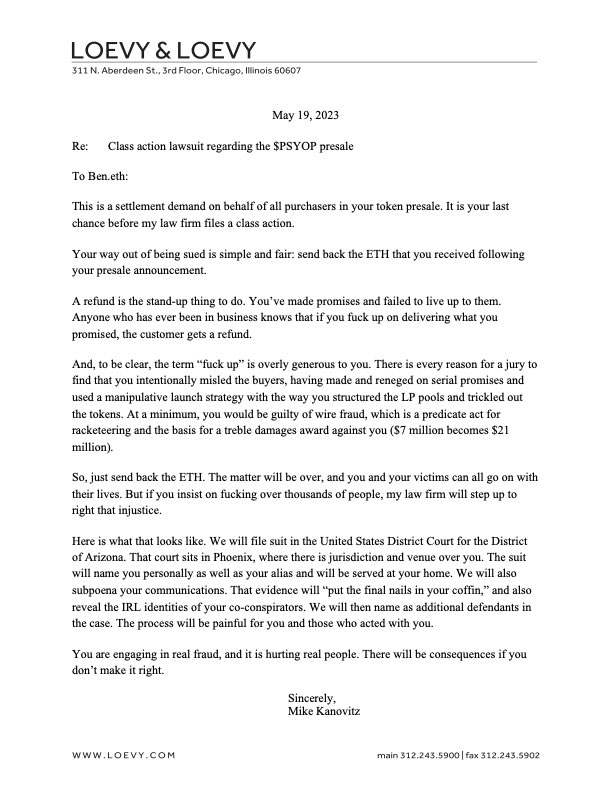SECURE 2.0 creates opportunities for fintech

The many provisions of the SECURE Act 2.0 create an opportunity for fintech companies to help financial advisors get through tax season.
The latest comes from eMoney Advisor, which added new features to its financial planning software that allow advisors to show the impact of Roth conversions and other tax strategies on plans. A new tax bracket report overlays a client’s tax bracket floor with their annual income tax base and the taxable portion of any Roth conversion, while an automated bracket-based Roth conversion tool quickly converts assets until it reaches the breakpoint between marginal tax brackets.
Roth conversions are at the top of advisers’ minds as they navigate the changes brought about by the 92 provisions included in the SECURE 2.0 Act, the sweeping retirement savings legislation signed into law by President Biden late last year, according to Josh Belfiore, eMoney’s manager of advisory products.
“These new features make it easy for advisors to have dynamic tax planning conversations with their clients,” Belfiore said in a statement.
The new tools are available in eMoney’s cash flow-based planning dashboard, Decision Center.
EMoney also updated its software to reflect some of the SECURE 2.0 changes, such as the increase in the age at which individuals must begin taking required minimum distributions, rising to 73 in 2023 and then to 75 in 2033; Roth funds in a qualified employer plan that are no longer subject to RMDs; and catch-up contributions to an individual pension account are indexed for inflation.
The Fidelity-owned financial planning company isn’t the only fintech aiming to help advisers keep up with changes in the tax code. For example, FP Alpha provides a Roth Conversion Simulator that identifies how much to convert, when to convert and what it’s worth.
“Tax laws are constantly changing and it is difficult for advisors to keep track of what has changed and which year is effective,” Andrew Altfest, founder and CEO of FP Alpha, wrote in an email. Fintech can help advisers keep up, he added. “[FP Alpha] has data for each year, however, it is updated to include new legislation [we] ensure that it is used only for the relevant years when it actually comes into force under the law.”
After five years of rapid expansion in IRAs, the sharp market downturn in 2022 should put pressure on IRA rollover balances in 2023, said Shawn O’Brien, associate director of research firm Cerulli Associates. That combined with the SECURE 2.0 Act could lead to high net flows into corporate deposit plans, O’Brien said.
“Additionally, the auto-enrollment and auto-escalation provisions within SECURE 2.0 and ongoing legislative and market efforts to expand workplace pension plans could facilitate stronger contribution growth in the years ahead,” O’Brien said in a statement.
This provides some momentum for Vestwell, the digital recordkeeping company that helps financial advisors offer workplace retirement programs to small and medium-sized businesses. Vestwell recently partnered with Carson Group on a new offering aimed at helping advisors scale their ability to offer 401(k)s.























